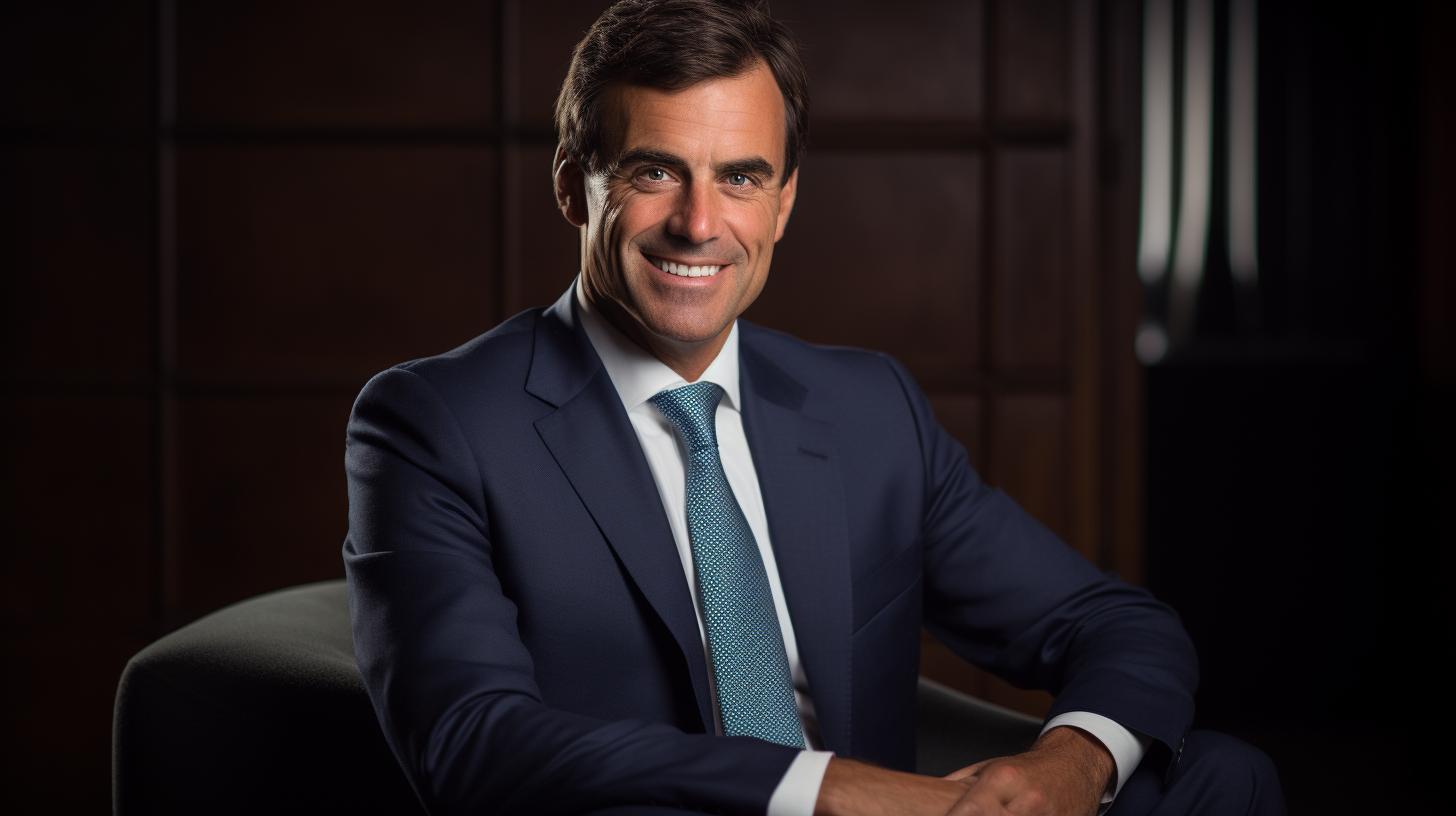The explosive growth of family offices in recent years has brought about a concerning trend of “group think” when it comes to investing, warns Tim Draper, a prominent figure in early-stage venture capital. As more family offices follow the investment strategies of leading players, certain asset classes become saturated, leading to diminished returns. Additionally, Draper believes that family offices are too focused on capital preservation rather than growth, which he sees as a mistake. In this article, we will explore the dangers of “group think” for family offices, the risks associated with flooded markets, and the importance of prioritizing growth over preservation.
Family offices and the dangers of “group think”
Draper highlights the prevalence of “group think” in family offices, where they tend to follow the investment strategies of leading players. This has resulted in flooded markets and unsatisfactory outcomes. For example, when one leading family office decides to venture into middle-market buyouts, others quickly follow suit, saturating the market. To prevent negative outcomes, family offices should avoid blindly copying investment strategies and instead focus on independent thinking and diverse investment approaches.
Flooded markets, diminishing returns
The explosive growth of family offices has led to a concentration of investments in certain asset classes. As family offices allocate significant amounts of capital to these asset classes, they fuel rapid growth and even create mini-bubbles, potentially leading to diminishing returns. The private credit market, currently valued at $1.4 trillion, is expected to reach $2.3 trillion by 2027, partly due to investments from family offices. While family offices can contribute to market growth, careful consideration must be given to avoid excessive concentration and potential market distortions.
Preservation vs. growth: a mistake in strategy?
Draper suggests that family offices often prioritize capital preservation over growth, which he believes is a mistake. Instead, he advises that family offices should keep investing to build their wealth rather than focusing solely on preserving what they already have. Draper argues that “preserved” investments often do not lead to significant growth and may eventually wither away. By adopting a growth-focused approach, family offices can seize more opportunities, generate higher returns, and secure long-term success.
Lessons from the Draper family: always think bigger
Tim Draper, known for his early investments in companies like Space-X and Tesla, has passed on his investment philosophy to his children. They have been taught to “always think bigger” when evaluating investment opportunities and helping them grow. By considering the long-term potential and scalability of a company, investors can identify billion-dollar opportunities and make more significant contributions to the growth of the economy.
A decentralized family office: lessons from the front lines
Although the Draper family does not have a formal family office, they have adopted a decentralized approach to managing their investments. They meet regularly to discuss financials, investment decisions, and progress towards their goals. Moreover, they maintain constant communication to exchange insights and learn from each other’s experiences in the venture capital industry. This approach allows them to stay agile, adapt to changing market conditions, and continually improve their investment strategies.
As family offices continue to grow in number and size, it is essential for them to be aware of the dangers of “group think” and the potential consequences of flooded markets. By fostering independent thinking, prioritizing growth over preservation, and learning from successful investors like the Draper family, family offices can overcome these challenges and maximize their investment opportunities in today’s dynamic investment landscape.
Analyst comment
This news can be considered negative as it highlights the concerning trend of “group think” among family offices leading to saturated markets and diminished returns. As a result, the market may experience slower growth and potentially face market distortions. Family offices should prioritize independent thinking and diverse investment approaches to mitigate these risks and focus on growth rather than solely on capital preservation. Following the example of the Draper family, who prioritize thinking bigger and adopt a decentralized approach, can lead to long-term success and improved investment strategies.













